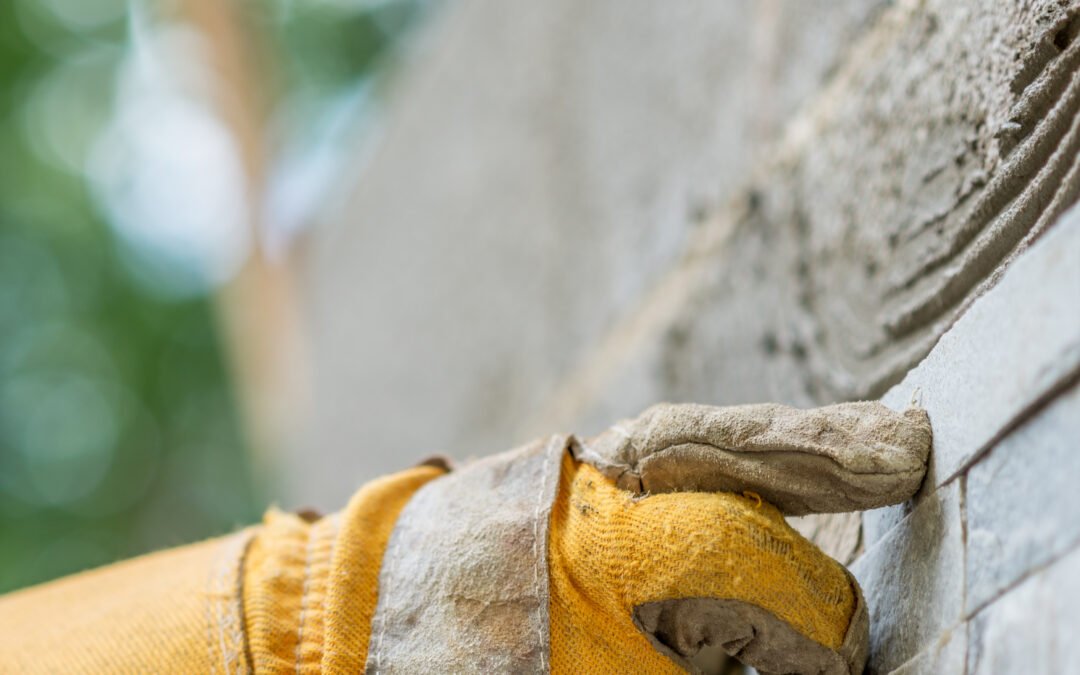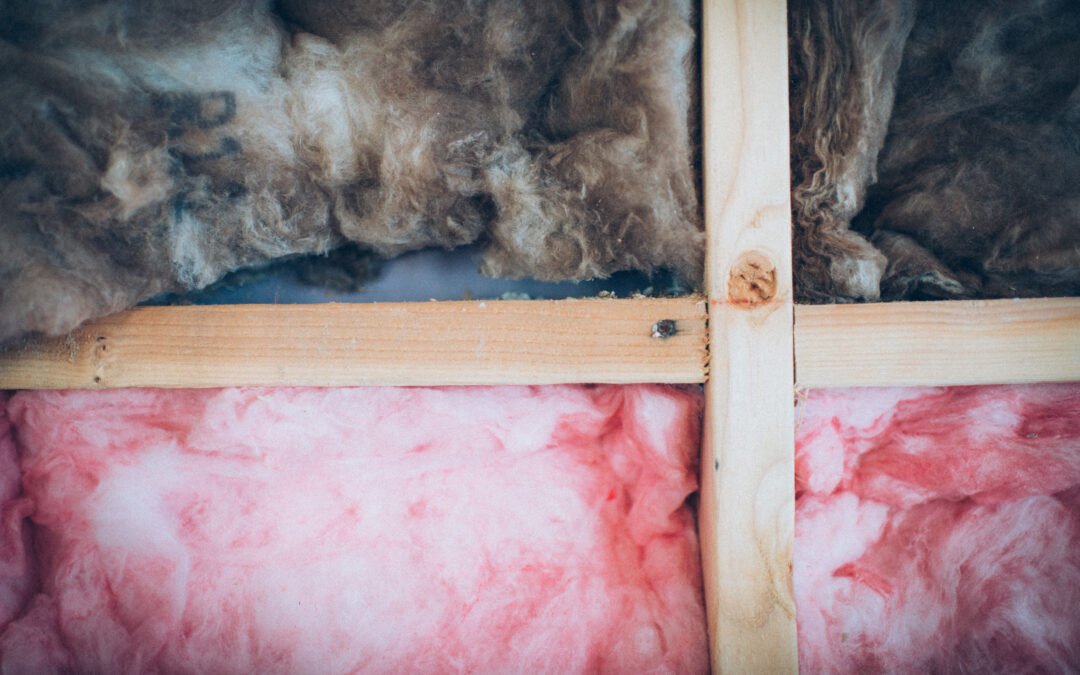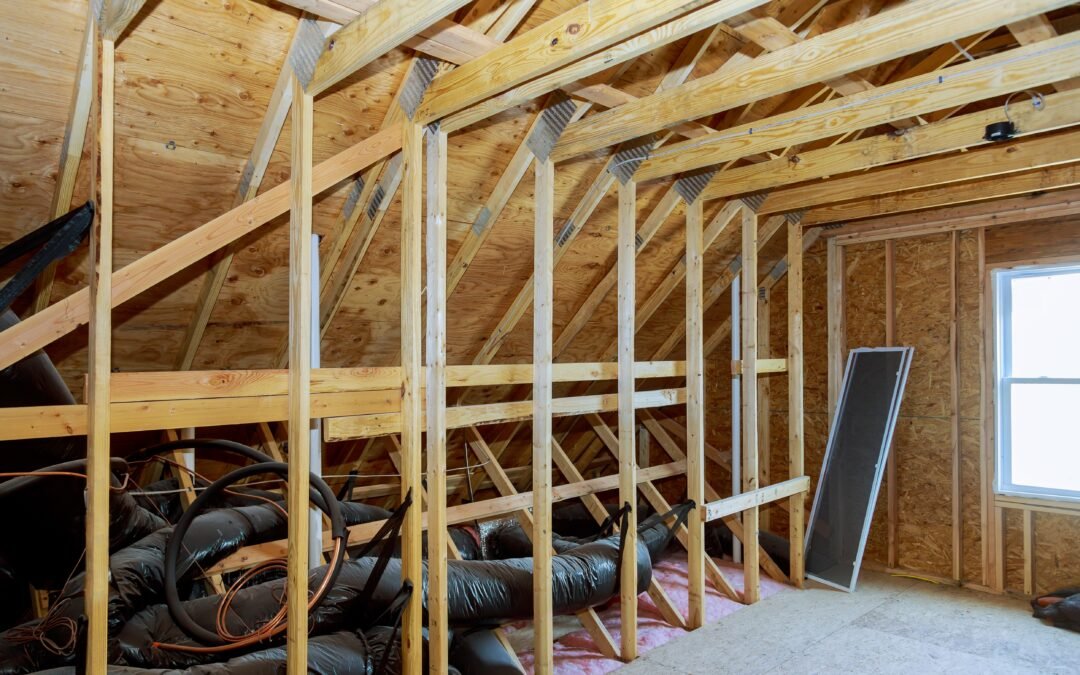Exploring Benefits of Cavity Wall Insulation
Cavity wall insulation is a critical upgrade for homeowners in Norwich looking to enhance the energy efficiency of their homes. Primarily, it serves as a barrier that prevents heat loss through walls, which are significant sources of energy leakage in homes not equipped with proper insulation. By filling the cavity between the internal and external walls with insulating material, homeowners can maintain a more consistent indoor temperature, contributing to a comfortable living environment year-round.
Moreover, by implementing cavity wall insulation, residents can significantly reduce their carbon footprint. The reduction in energy required for heating and cooling the home directly correlates with lower greenhouse gas emissions. This improvement is not only beneficial for the environment but also aligns with the UK’s overall goals for sustainability and energy conservation.
Additionally, cavity wall insulation can also enhance the soundproofing of a home. This is particularly advantageous in urban areas or neighbourhoods where external noise can be a problem. Insulation acts as a buffer that diminishes the noise entering the home, resulting in a quieter, more serene living space.
Types of Insulation Materials Available
In Norwich, homeowners can choose from several types of materials for cavity wall insulation, each offering unique benefits. One popular option is mineral wool, known for its excellent thermal and acoustic properties. It is non-combustible and can also hinder the spread of fire, which adds an extra layer of safety to the home. Another common choice is polystyrene beads, which are lightweight and can be easily injected into the wall cavity, making them ideal for walls that are irregularly shaped or hard to reach.
Foam insulations, such as polyurethane, are also used and are praised for their high insulation values and airtightness. They can be more expensive but offer superior performance in reducing heat transfer and blocking moisture penetration. Each material comes with its specific installation requirements and performance characteristics, so homeowners should consider their specific needs and the structure of their home when choosing the insulation material.
It’s also important for homeowners to consider the longevity and environmental impact of the insulation material chosen. Some materials, such as certain foams, may have greater insulative properties but could contain chemicals that are less environmentally friendly. Conversely, options like sheep’s wool, while more natural and sustainable, may require more frequent replacement.
Understanding Cavity Wall Insulation Costs
The cost of installing cavity wall insulation in Norwich can vary depending on several factors including the size of the house, the type of insulation material used, and the complexity of the installation. Typically, the upfront cost is offset by the energy savings achieved through reduced heating bills, with many homeowners seeing a return on investment within a few years.
There are also several financial support schemes available to help mitigate the costs of installation. The UK government and various energy companies offer grants and incentives for energy-saving home improvements, including cavity wall insulation. These financial aids can significantly lower the initial expense, making it a more accessible option for a broader range of homeowners.
To get a precise estimate, homeowners should consult with professional insulation contractors who can provide a detailed assessment based on the specifics of the home. This consultation usually includes an inspection of the walls to ensure they are suitable for cavity wall insulation and to determine the most appropriate insulation material.
Step-by-Step Guide to Installation Process
The installation process of cavity wall insulation in Norwich typically begins with a thorough assessment of the home’s walls. A qualified assessor will inspect the cavity to ensure it is free of debris and suitable for insulation. Following the assessment, the type of insulation material selected will dictate the specific installation method. For instance, mineral wool might be blown into the cavity, whereas foam might be injected.
Once the appropriate method is decided, small holes are drilled into the external walls of the home at strategic points. The insulation material is then inserted using special equipment designed to minimise disruption to the structure of the building and its appearance. Once the cavity is filled, the holes are sealed and made good, often leaving no visible signs of the work.
Post-installation, it is advisable for homeowners to have a follow-up check to ensure the insulation has been installed correctly and is performing as expected. This step is crucial for maintaining the integrity of the installation and maximising its efficiency benefits.
Identifying Eligibility for Grants in Norwich
Homeowners in Norwich interested in cavity wall insulation should investigate available grants and subsidies to help offset installation costs. The UK government, local councils, and some energy companies offer various schemes designed to encourage energy-efficiency upgrades. Eligibility for these incentives typically depends on factors such as property size, homeowner income, and existing energy efficiency measures in place.
Programmes such as the Energy Company Obligation (ECO) scheme provide funding for energy-saving measures in homes across the UK, including Norwich. This is particularly aimed at low-income households and those in receipt of certain benefits. Local authorities might also offer additional schemes with their specific criteria and benefits, so it is worth contacting Norwich City Council for the latest information.
Moreover, some independent organisations and charities offer advice and support in accessing these grants, providing homeowners with guidance through the application process. This can be incredibly beneficial in navigating the sometimes complex landscape of grants and subsidies.
Impact on Energy Bills and Home Comfort
Beyond the financial benefits, the impact on home comfort is significant. Cavity wall insulation helps to maintain a stable indoor temperature, reducing the cold spots and draughts that are common in uninsulated homes. This thermal consistency contributes to a more comfortable living environment, enhancing the overall quality of life for residents.
The improvement in temperature regulation also means that heating systems can be used more efficiently. This not only further reduces energy costs but also decreases wear and tear on home heating systems, potentially extending their lifespan and reducing the need for maintenance and repairs.
Choosing the Right Contractor in Norwich
Selecting a qualified and reliable contractor is crucial for the successful installation of cavity wall insulation in Norwich. Homeowners should look for contractors who are registered with recognised industry bodies, such as the Cavity Insulation Guarantee Agency (CIGA) or the National Insulation Association (NIA). These affiliations assure a standard of work and a recourse in the event of any issues after installation.
It is advisable to obtain multiple quotes to compare services and costs. This will not only ensure competitive pricing but also provide an opportunity to assess the level of professionalism and knowledge of the contractor. Homeowners should not shy away from asking for references or examples of previous work, which can provide additional reassurance of the contractor’s capability and reliability.
Furthermore, effective communication is key. A good contractor will offer a clear explanation of the process, materials used, and the expected outcomes. They should also be willing to address any concerns and provide comprehensive post-installation support. This level of service is crucial for ensuring customer satisfaction and the long-term success of the insulation benefits.
Maintenance and Long-Term Care Tips
While cavity wall insulation is generally low maintenance, it is important for homeowners in Norwich to conduct periodic checks to ensure it remains effective. This includes looking for any signs of damp or mould on the walls, which can indicate that the insulation has become compromised. In such cases, it is important to contact a professional to assess and rectify the issue promptly.
Homeowners should also be aware of any changes in their home’s energy performance. Unexplained increases in energy bills or changes in indoor temperature could suggest issues with the insulation. Early detection and resolution of these issues can prevent more significant problems down the line and ensure that the insulation continues to perform optimally.
Lastly, keeping records of the installation and any maintenance checks can be beneficial, especially when it comes to selling the home. Prospective buyers often view homes with well-maintained energy-saving features as more attractive purchases. Documentation can serve as proof of the quality and care taken, potentially increasing the home’s market value.




